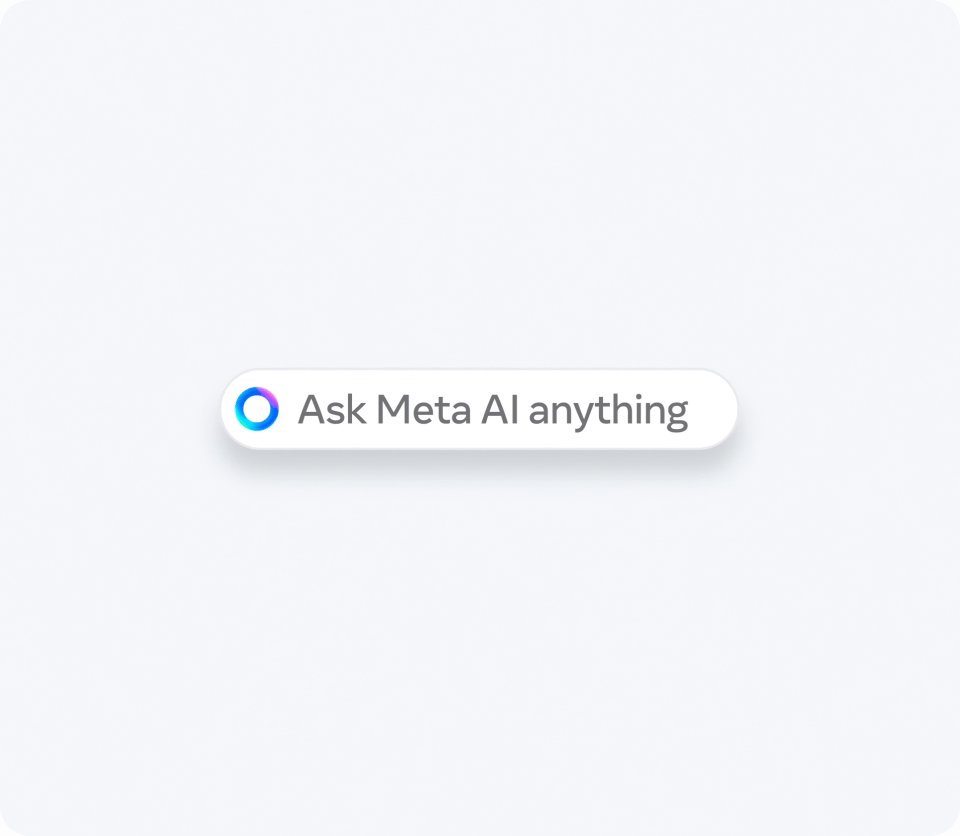Mark Zuckerberg, CEO of Meta, recently had a candid conversation with investors. While Meta recognizes the immense potential of generative AI, Zuckerberg cautioned that turning that potential into actual profits will be a long and expensive journey. This comes fresh off the heels of integrating Meta’s very own competitor to ChatGPT, across its social media applications: Facebook, Instagram, and WhatsApp.
Meta’s first-quarter earnings call revolved heavily around how this integration of generative AI would translate to financial gains for Meta. Despite already being a profitable company, with a net income exceeding $12 billion on a staggering $36.5 billion in revenue last quarter alone, Meta’s growth is expected to decelerate. To combat this slowdown, Meta is making substantial investments in AI and the metaverse, acknowledging that this is a much larger undertaking compared to past app features.
Zuckerberg emphasized the success of past investments in features like Stories and Reels, drawing a clear comparison with the current push towards AI. He revealed that millions of users have already tried the Meta AI assistant since its recent launch. However, the true test lies in user retention and their willingness to consistently engage with Meta AI assistant within social media apps.
Monetization strategies for Meta’s AI assistant
Looking towards the future, Meta has formulated several plans to monetize its currently free AI assistant. Here’s a breakdown of their potential strategies:
- Scaling business messaging: Meta sees potential in scaling the capabilities of its AI assistant for business messaging, offering enhanced functionalities for customer service and communication.
- Incorporating ads or paid content: The possibility of introducing targeted advertising or paid content within AI interactions is on the table. This approach would require careful consideration to avoid compromising user privacy.
- Premium AI models and increased compute power: Meta might offer premium tiers within its AI assistant, providing users with access to more powerful AI models and increased computing resources for a fee.
Furthermore, Zuckerberg hinted at the possibility of using AI to analyze user interactions with the assistant to improve ad targeting. This approach could put Meta on a different trajectory compared to competitors who choose to avoid advertising in favor of subscription models.

Optimism for Ray-Ban Smart Glasses
Zuckerberg expressed optimism about the company’s Ray-Ban smart glasses, venturing beyond AI. He reported strong sales across various styles and colors, highlighting the recently expanded availability of the device’s multimodal AI features. This suggests Meta believes there’s a market for fashionable smart glasses even without full holographic displays, potentially paving the way for future iterations with more advanced features.

The generative AI gold rush
Meta is embracing generative AI with a long-term vision, acknowledging the significant time and resources required before it becomes a major revenue generator. The company is actively exploring various monetization strategies while remaining optimistic about other ventures like smart glasses.
Only time will tell if Meta’s gamble on AI will pay off, but one thing’s clear: the generative AI gold rush has begun, and Meta is a major contender in this competitive race.
Featured image credit: Meta





